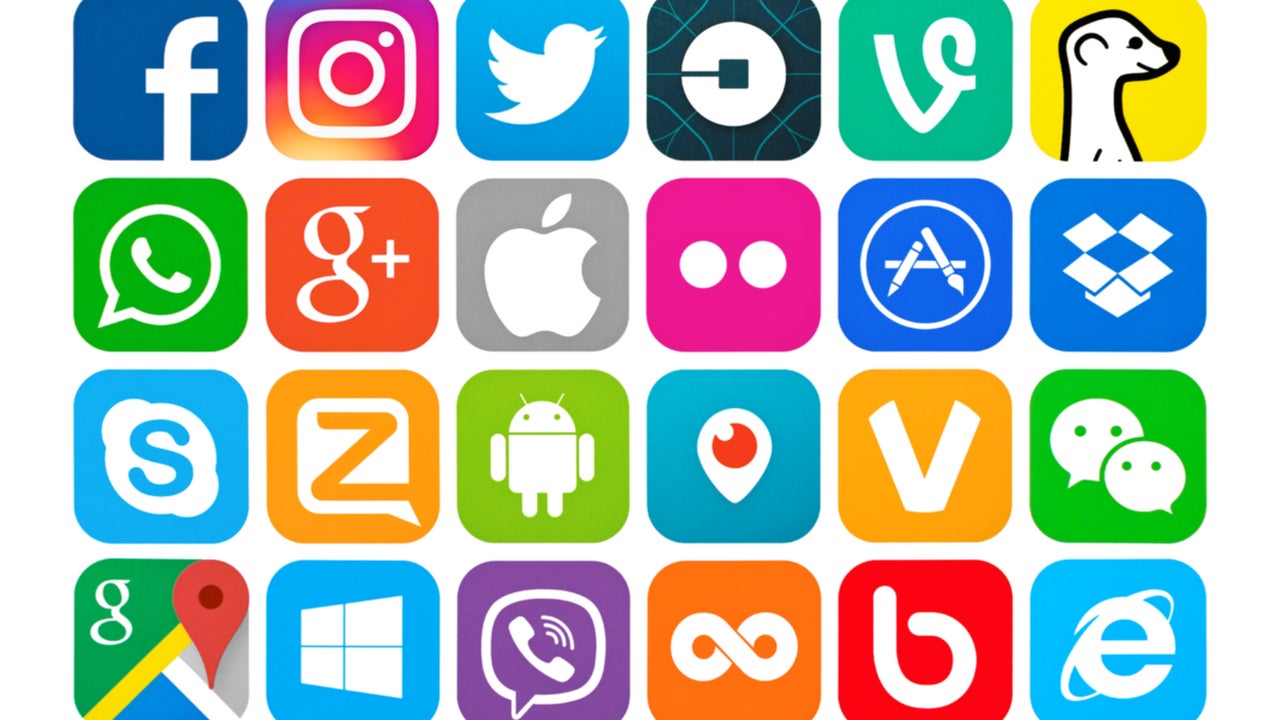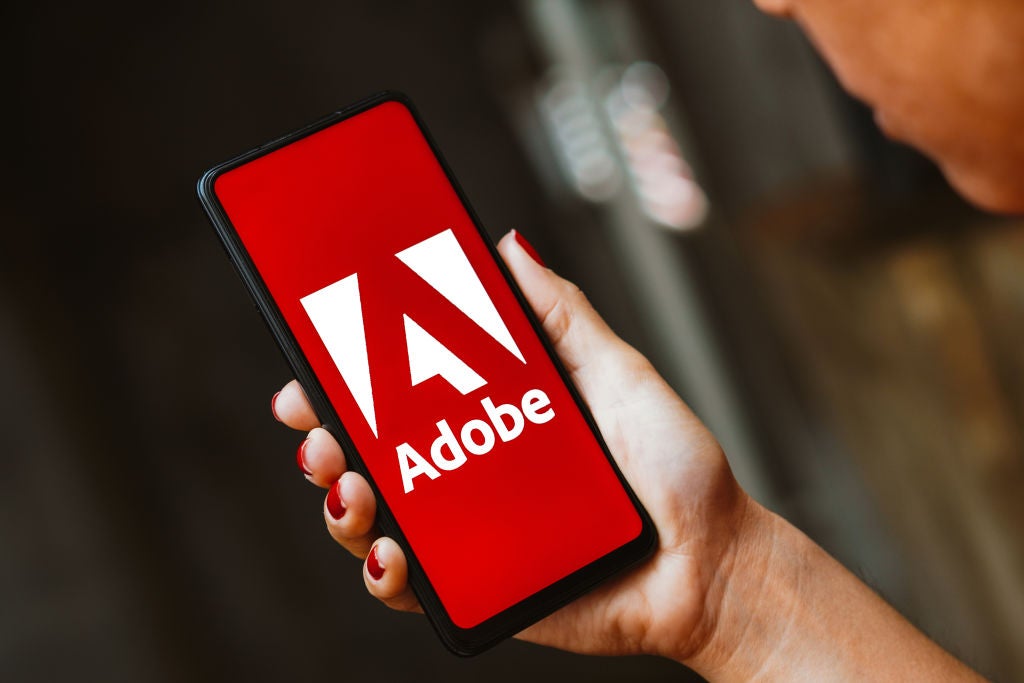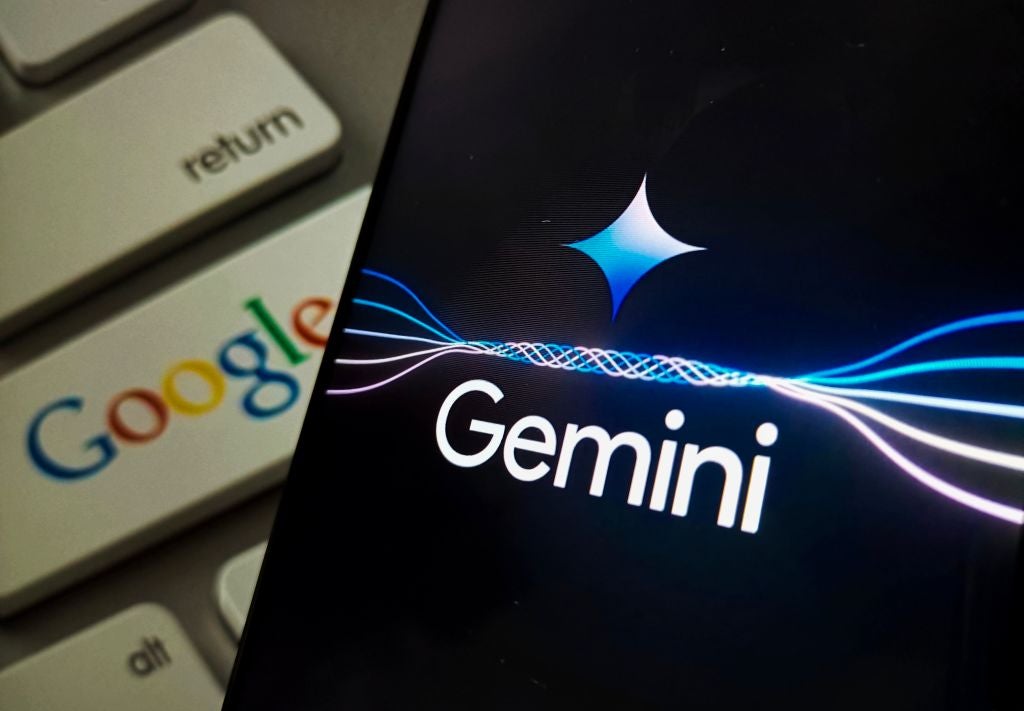
Bebo co-founders Michael and Xochi Birch have announced a relaunch of Bebo in February 2021, 16 years on from the social media platform’s creation. While the exact design and features of the ‘new’ Bebo are not known, the platform will avoid newsfeeds pushing misinformation.
This will differentiate Bebo from social media platforms like Facebook, who are under scrutiny for allowing and facilitating the spread of misinformation, particularly on topics such as Covid-19 and the US election.
However, Bebo must do more than this to be successful. Big established social media platforms like Facebook are diversifying to offer embedded payments and Ecommerce. Other new market entrants offering VoIP (Voice over internet protocol), short form video, or instant messaging, have been particularly successful.
The Bebo relaunch may resonate with generation X and millennials who used the platform in the late 2000s, but Bebo nostalgia and will not be enough for success. In a fast-paced industry, the Bebo relaunch will need innovative features to appeal to a wider user base and avoid failure.
New Bebo is anti-misinformation
Talking to the BBC, co-founder Michael Birch said the revamped platform would provide a “refreshing break” from the misinformation that is prolific on social media. Newsfeed content curation algorithms have been accused of directing misinformation towards vulnerable users, creating digital echo chambers, and influencing users with false or one-sided information.
For that reason, the relaunched version of Bebo will not include a newsfeed, focusing on profiles and interactions between friends in real-time. Birch told the BBC “we’re calling it live social networking – when you’re logged into Bebo, you are aware of which other friends are online”. This creates real-time conversations and avoids misinformation, one of the main pitfalls of social media.
How well do you really know your competitors?
Access the most comprehensive Company Profiles on the market, powered by GlobalData. Save hours of research. Gain competitive edge.

Thank you!
Your download email will arrive shortly
Not ready to buy yet? Download a free sample
We are confident about the unique quality of our Company Profiles. However, we want you to make the most beneficial decision for your business, so we offer a free sample that you can download by submitting the below form
By GlobalDataNew market entrants offer innovation for communication
While ‘live social networking’ could offer much needed respite from misinformation, it may not be enough for long term success. Successful new market entrants have transformed communication channels, using VoIP and messaging services, and profiles have not had much attention.
New entrant social media apps can ‘go viral’ and gain significant traction very quickly. Drop-in audio room app Clubhouse went viral recently when Elon Musk used it at the beginning of February to host a Q&A.
Private messenger apps like Signal and Telegram have also proved very successful, particularly after WhatsApp released new privacy guidelines. Telegram has features like self-destructing messages and supergroup chats which have proved popular.
While ByteDance is not a new market entrant, short form video platform TikTok has revolutionized social media and proved very successful during the pandemic. It has been downloaded 2 billion times globally.
Innovation in communication channels is key to viral success and will be important for Bebo’s relaunch plans.
Established competitors are diversifying
At its peak, Bebo was the most popular social media platform in the UK, with 80 million unique members in 2008. Since then, Bebo has been: sold to AOL for $850m in 2008, sold to Criterion Capital Partners for $10m, bought back by the founders for $1m in 2013, relaunched in 2014, shut down in 2016, turned into a streaming software then esports platform, and sold to Amazon subsidiary Twitch in 2019 for $25m. The founders retained the brand name and are ready to relaunch the social media platform again.
Diversification is not new to Bebo, but the brand has failed as a social media platform twice before (once under the co-founders). Long-term successful social media platforms, like Facebook, have diversified into other channels. Instagram offers ecommerce and Facebook launched Facebook Pay in 2019.
Bebo is a somewhat established brand name, but not an established platform. It lacks the critical mass of users and options for diversification that Facebook has, or the innovative edge of new market entrants. Millennial nostalgia will not be enough for the relaunch to be successful in an increasingly crowded and fast-moving market. While the lack of newsfeed may be attractive to some consumers, ‘new’ Bebo will need innovative features to appeal to a wider audience and be successful.









Related Company Profiles
Meta Platforms Inc
Beijing ByteDance Technology Co Ltd
Amazon.com Inc